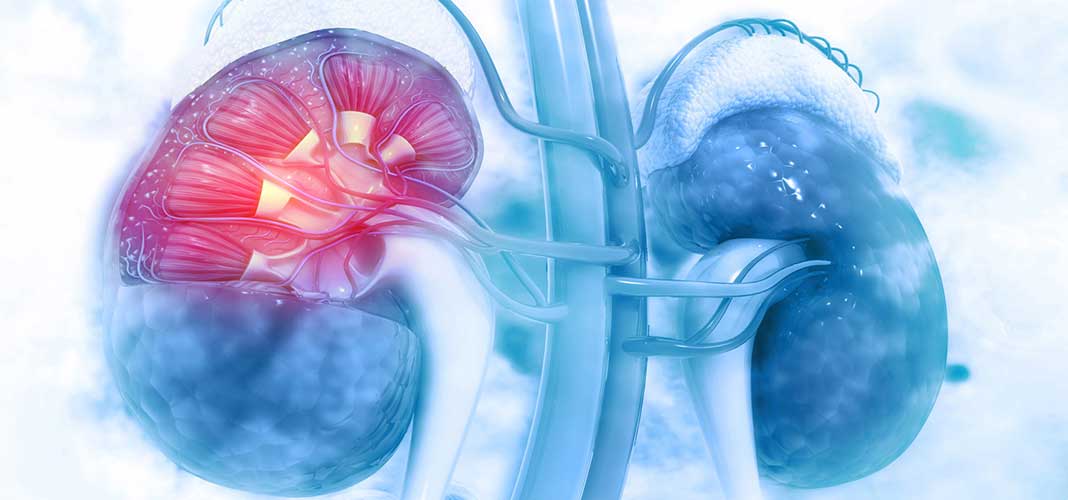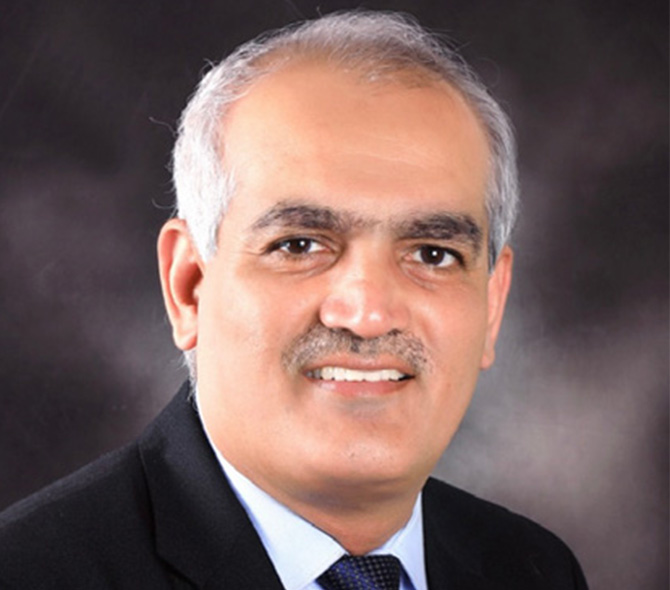Dr. Raghunath S K
Director & Head of the Department Uro- Oncology and Robotic Surgery HCG Cancer Centre, Bangalore
+91 9740742752 || admissions@hcgcare.org

The Fellowship in Uro-Oncology and Robotic Surgery is an advanced postgraduate program designed for urologists and surgical trainees seeking specialized expertise in managing complex urological cancers and mastering minimally invasive robotic surgery techniques. This fellowship combines comprehensive training in uro-oncology with hands-on experience in robotic-assisted procedures, endourology, and reconstructive urology. Participants gain exposure to state-of-the-art surgical technologies, multidisciplinary cancer care, and research-driven clinical practice, preparing them to excel as leaders in urological oncology and robotic surgery.
Mentorship: Fellows benefit from mentorship under experienced uro-oncologists and robotic surgeons, who guide participants in both surgical skills and clinical decision-making. This structured mentorship ensures trainees develop surgical precision, clinical judgment, and research competency while staying up-to-date with emerging trends in uro-oncology.
This fellowship offers a globally recognized, structured curriculum that combines advanced surgical training with clinical and research exposure. Trainees gain hands-on experience with cutting-edge robotic systems, evidence-based uro-oncology protocols, and multidisciplinary cancer management. With expert mentorship, the program equips surgeons to become leaders in minimally invasive urological surgery and oncology, enhancing patient outcomes and contributing to advancements in the field.
Graduates of the Fellowship in Uro-Oncology and Robotic Surgery can pursue careers as:

Director & Head of the Department Uro- Oncology and Robotic Surgery HCG Cancer Centre, Bangalore
© 2025 designed by GHA